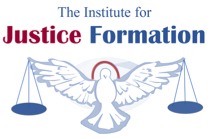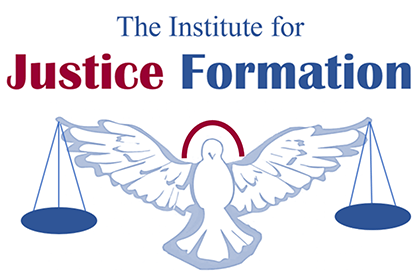By Eric Forsbergh
When I was using bloody instruments in my gloved hands, performing dental extractions for the Mayan Indian people in Guatemala in 1994 and 1997, I felt as closely connected to the mission of Jesus as I’ve ever felt. I later felt called to Appalachia for a dental mission trip through Remote Area Medical and performed the same type of work. In 2021, during COVID, I was a volunteer vaccinator for three months for Loudoun County Public Health Department, giving injections by the hundreds. That, for me, was Biblical Justice. Of course, I have to write about it here so the reader can know how it helped the recipients and further committed me to the Lord’s work.
When I took the course Spiritual Development from Dr. Lee at Leland, it was mentioned in my reading that two tracks occur in our service to the church and to God. One is writing. On this track, seminary students delve deep into the scriptures, and parse out the salient features of any Bible verse for its deeper meaning in our lives. In rising to prominence in the church, for a theologian, it was described that writing essays, sermons, and books was the path. Earning a Master’s degree or a Ph.D. requires prolific writing. The other track which can occur is performing service hands-on.
My nature is more of the hands-on approach since I am a retired dentist with a biology degree. In these circumstances, I am performing a service directly to the person in need. He who gives a cup of water in my name shall have his reward. Besides alleviating the problem, I experience that moment of human connection with that someone I am helping. In fact, in these circumstances, I may not be able precisely to define Biblical justice as a written statement, but I know it when I see it. It is the moment when God touches me, triggering in me the impulse to act for a specific cause, as the Samaritan did. Once, many years ago, God gave me the courage to pull an infant unharmed out of a burning car. In the moment, God gave me no choice as to how to act, and I believe that most people would have acted the same.
Jesus left behind no written record of His accomplishments on earth. It was written through recollections of witnesses decades after the fact. It was up to Paul and others to flesh out our system of beliefs through letters. The importance of writing out our theological beliefs, and debating over theological points in print, is, of course, crucial to our progress and understanding, which is why the church needs academics. They compose a written, coherent framework of belief within which we act upon the mission of God with our hands, whether those hands are wearing surgical gloves or not.


Recent Comments